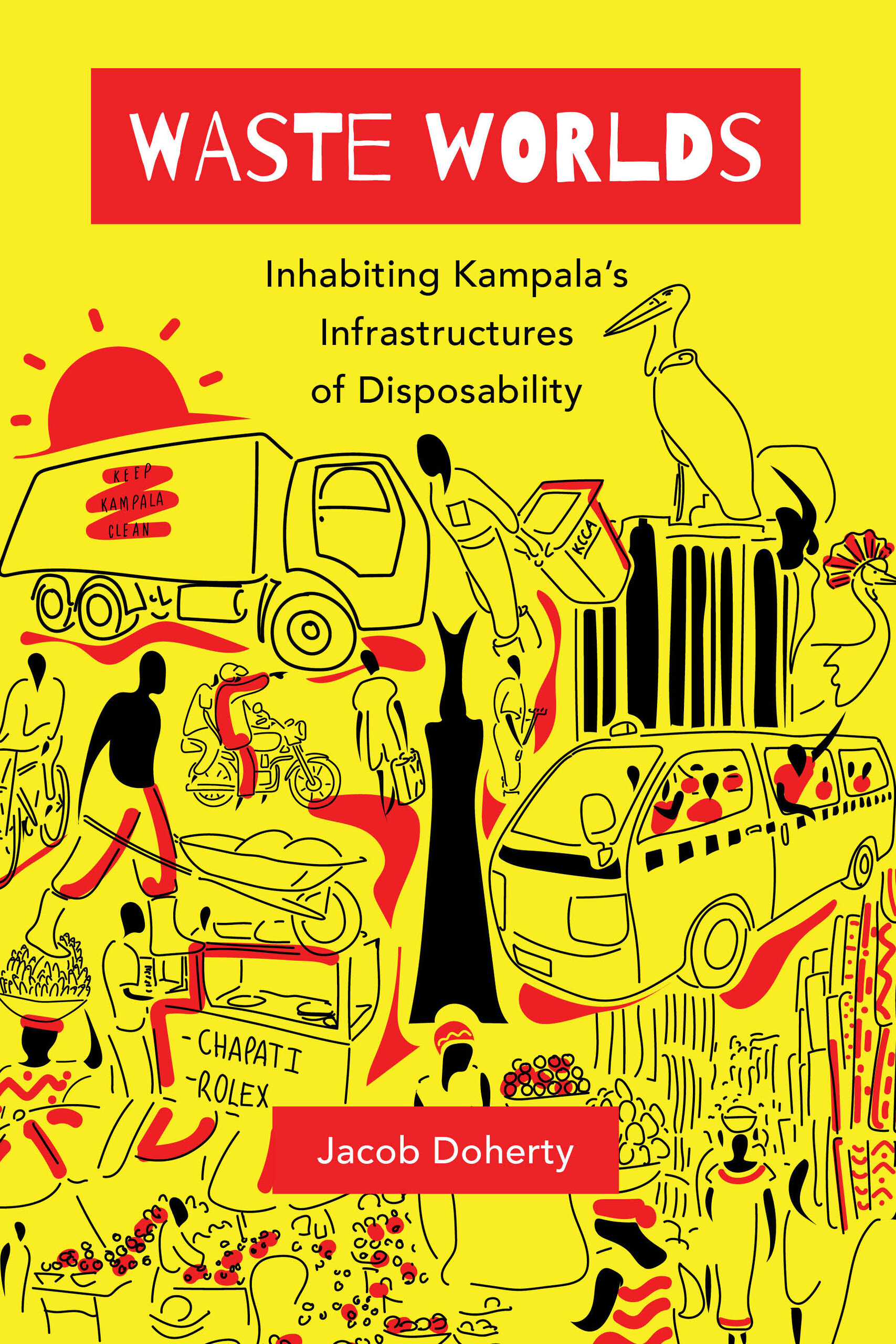


Books in series

Contingent Kinship
The Flows and Futures of Adoption in the United States (Atelier: Ethnographic Inquiry in the Twenty-First Century)
2019

Fires of Gold
Law, Spirit, and Sacrificial Labor in Ghana
2020

Tasting Qualities
The Past and Future of Tea
2020

Waste Worlds
Inhabiting Kampala's Infrastructures of Disposability (Atelier: Ethnographic Inquiry in the Twenty-First Century)
2021

Industrial Ephemeral
Labor and Love in Indian Architecture and Construction (Atelier: Ethnographic Inquiry in the Twenty-First Century)
2022
Authors

Dr Sarah Besky is the Charles Evans Hughes 1881 Assistant Professor in the Department of Anthropology and the Watson Institute for International and Public Affairs at Brown University. From 2012-2015, she was a postdoctoral fellow in the Michigan Society of Fellows. She received a PhD from the Department of Anthropology at the University of Wisconsin-Madison in 2012. Her areas of interest are: labor, environment, commodities, agriculture, plantations, ethical trade, gender, development, Himalayas, India, environmental justice and ethics.